Beautiful example of a modern day Ketubah by Jerise via Etsy
Prenuptial Agreements or Financial Agreements, as they are more commonly termed in Australia, are often a taboo subject rarely discussed in relationships. Prenups are often associated in a negative light with celebrities and the ‘well-off’, with the stigma of protecting rich old men from young gold digging women. However some of the first Prenuptial Agreements date back to the ancient Egyptians. ‘The Ketubah’ is a Hebrew Marriage contract that dates back approximately 2000 years, and is one of the first legal documents that gives financial and legal rights to women.
It is easy to say that the majority of people do not get married with the expectation that the marriage will end in divorce. So what is a Prenuptial Agreement and why should ‘ordinary’ couples consider this option? Essentially a Prenuptial or Financial Agreement covers how property and assets will be divided in case of divorce or if one spouse should die. A Prenup is usually drawn up by an attorney that specialises in family law. It lists both parties assets and sources of income. It outlines what specific items will become married property and what will remain separate. Should one spouse die, a Prenup often protects inheritances better than a will.
There are a number of reasons why ‘ordinary’ couples choose to consider a Prenup:
- A spouse may own all or part of a family business
- A spouse may wish to keep real estate, substantial investment or a trust fund separate from marital property
- A spouse may want to protect assets for children from a previous marriage
- A spouse may be responsible for the care of elderly parents/relatives
- A spouse may wish to keep antiques or jewelry in the family
- A spouse may have a high debt load
The thought of discussing this subject with your significant other can often stir up issues around trust, control and sharing. If you are considering a Prenuptial Agreement, how do you bring it up? Firstly, it is really important to be very clear about your motivations. Make sure your partner is fully aware of why you feel it would be an important step for your future to consider a Prenup. It can also be a great opportunity to ensure that the lines of communication in your relationship are open.
Secondly, it is important to choose the right time and environment to discuss a prenuptial agreement. Ideally it should be presented slowly, over the course of the relationship, as opposed to three days before the wedding. It is important that you both have plenty of time for discussion. A prenup should never be a surprise! If your partner is the one to bring the topic of a prenup up, try not to dismiss the idea immediately, give your partner a chance to express their thoughts and feelings.
Once your decision on a prenup is made, it is important that each spouse have their own legal representative review the contract. It is important that both parties fully understand all of the wording in the contract. The prenup will also need to be updated if any of your circumstances change, for example, if you have children, your assets change, or you move. Finally, if you are unable to execute a prenup in time, you can always consider a postnuptial agreement. Essentially it is the same thing, but it is signed after the wedding.
A prenup is obviously not for everyone, but more and more couples in today’s society, for whatever reason are choosing to go down this path. Not only can a prenup be a safegaurd for both parties in a marriage, it can also be an effective tool in defining your relationship.
Ms Gingham says: It’s sometimes hard to imagine the need for any type of prenuptial agreement when you’re caught up in the romance of a wedding. It’s definitely not for everyone but there’s some really valid points brought up here. Great post.
Sarah says: “Newly Wed who loves to blog about weddings and food! Loved everything about planning my wedding and honeymoon, and absolutely devastated that it is all over now ![]() Have the most amazing husband who I love with all my heart, and am so looking forward to the journey life will take us on together now that we are married!”
Have the most amazing husband who I love with all my heart, and am so looking forward to the journey life will take us on together now that we are married!”
Read more by Sarah here.


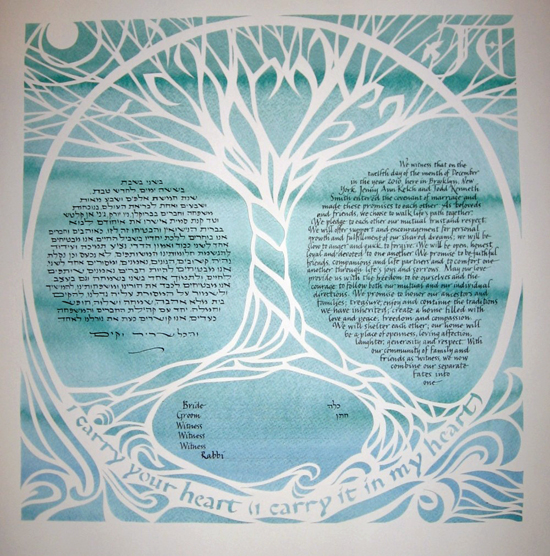
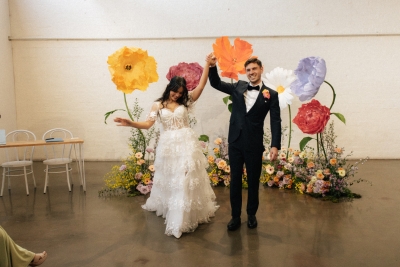
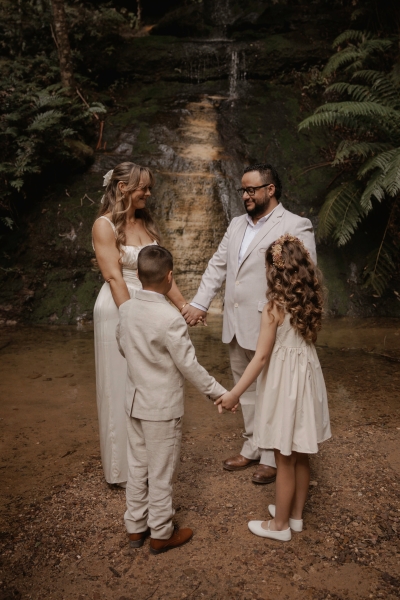
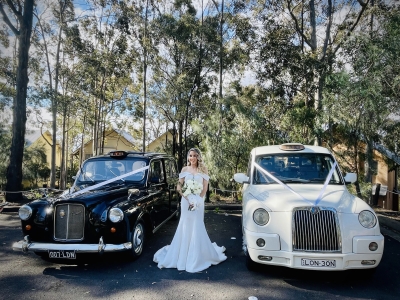
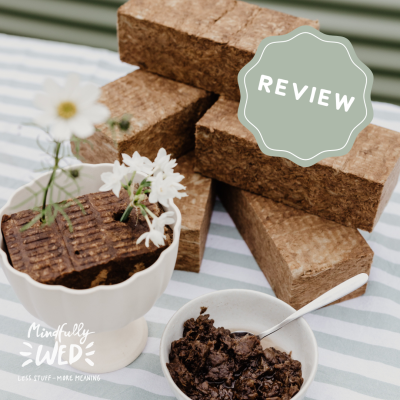
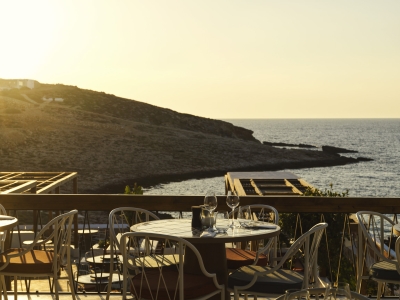



Join the conversation